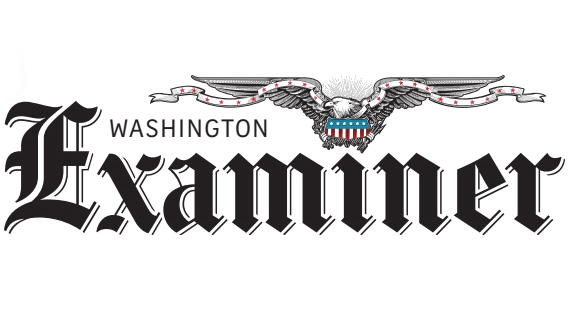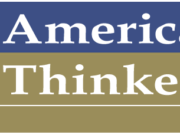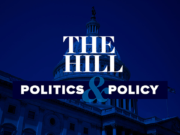This piece originally appeared in Washington Examiner on January 21, 2019.
Does the government have the power to suppress a film if it criticizes a candidate running for office?
Nine years ago to this day, the Supreme Court said no and ruled in favor of Citizens United, a nonprofit group that wanted to distribute and advertise a movie criticizing Hillary Clinton.
This was a massive win for free speech and democracy. The First Amendment guarantees the right to speak about candidates.
In the years since the decision, however, critics have suggested that democracy died when the Supreme Court made clear that corporations, including nonprofit corporations, and labor unions are free to discuss candidates.
Thankfully, the government is here to help with a 571-page bill that promises to save our democracy and return power to the people. At least, that’s what proponents of H.R. 1, the so called “For the People Act,” would have you believe.
In reality, H.R. 1 is simply the latest government attempt to silence those who want to criticize those in power, while amplifying their own voices.
Look no further than the sections marked “DISCLOSE Act” and “Honest Ads,” both of which have been previously introduced in Congress.
The DISCLOSE Act section would silence many speakers by creating new disclosure burdens on groups that urge elected officials to support or oppose legislation — not just near an election, but 365 days a year, every year. When it was originally debated in Congress during the Obama administration, Senate Minority Leader Chuck Schumer, D-N.Y., said the “deterrent effect” from political disclosure imposed by the bill “should not be underestimated.”
Meanwhile, the so-called “Honest Ads” section would place new, impossible-to-comply-with restrictions on Internet speech. Everything from a YouTube ad to a promoted Facebook post and more would be subject to regulation. The bill would be a significant blow to the Internet’s history and reputation as a bastion for free speech. Some platforms might well decide the revenue from such ads aren’t worth the cost or headache due to these regulations.
The requirements in the online speech section of H.R. 1 are so onerous that when states used similar language for their own bills, Americans were unable to make their voices heard online.
In Washington, Google stopped running state and local political ads prior to the 2018 election in response to the state’s new online speech law that used language similar to the Honest Ads provision. Maryland’s version of the law was challenged in court by a collection of papers, including the Washington Post, for compelling them to publish information about their advertisers. A judge recently granted an injunction saying the papers’ First Amendment claim is likely to succeed.
But while the public would face new limits on their speech, politicians would get a megaphone.
Through H.R. 1’s generous taxpayer-financed campaign program, every $1 donated to a candidate would be matched with $6 of taxpayer financing. Each candidate for Congress would be eligible for nearly $5 million in tax funds. So while politicians are using their powers to silence the voices of everyday people, they are taking tax dollars to amplify their own voices.
All of these draconian speech measures are premised on the belief that free political speech, as outlined by Citizens United and other court rulings, pose a threat to democracy.
But in reality, Citizens United hasn’t had the impact its critics claim. Corporate spending on political speech barely amounts to a drop in the bucket.
In both 2014 and 2016, no major corporation spent money to independently support a candidate — the very kind of spending that Citizens United allowed. Of the money spent by business interests expressing views on candidates, more than 85 percent came from just one group, the U.S. Chamber of Commerce.
As for super PACs, the other boogeyman of the Left which was created in a separate court decision, the vast majority of donations to these entities come from individuals. In the 2016 presidential election, only 6 percent of all money donated to super PACs came from corporations. Publicly held corporations accounted for less than 1 percent of the total.
Citizens United didn’t put democracy on sale to the highest bidder, and as recent elections show, democracy isn’t broken. More often than not, when politicians put forward suggestions to strengthen democracy, they are really looking to protect themselves, silence criticism, and increase their power. H.R. 1 is no different.
Maybe it’s not too much corporate speech that people should be wary about, but instead the power politicians want to give themselves to silence free speech.














